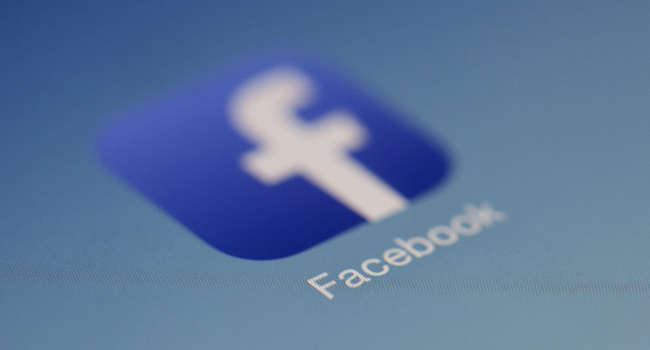
THURSDAY, March 12, 2020 (HealthDay News) — Could clues to future health emergencies be found in Facebook posts?
Maybe so, according to a new study that discovered there are changes in users’ posts before they seek emergency care.
For the study, researchers analyzed the Facebook posts and medical records of more than 2,900 patients at a U.S. urban hospital, including 419 who’d had a recent emergency department visit for problems ranging from chest pain to pregnancy-related issues.
Analysis of Facebook posts from as early as 2.5 months before those patients’ emergency visits revealed that most had changes in their language before seeking emergency care.
Specifically, they were less likely to post about leisure or use words like “play,” “fun” and “nap,” and less likely to use internet slang and informal language such as “u” instead of “you,” the findings showed.
The closer they got to their emergency department visit, the patients’ Facebook posts increasingly focused on family and health. There was also increased use of anxious, worrisome and depressed language, according to the study published March 12 in the journal Nature Scientific Reports.
The study suggests that social media posts may offer clues about health problems and could potentially be used to identify and help people, the researchers said.
“The better we understand the context in which people are seeking care, the better they can be attended to,” said study author Sharath Chandra Guntuku, a research scientist at the Penn Medicine Center for Digital Health, in Philadelphia.
“While this research is in a very early stage, it could potentially be used to both identify at-risk patients for immediate follow-up or facilitate more proactive messaging for patients reporting doubts about what to do before a specific procedure,” Guntuku added in a University of Pennsylvania news release.
The decrease in informal language “seems to go hand-in-hand” with an increase in anxiety-related language, said study co-author H. Andrew Schwartz, an assistant professor of computer science at Stony Brook University, in New York.
Guntuku pointed out that people “seem to become more grave and serious” when they are unwell.
“And looking beyond the family mentions data, it’s possible that, when health is down, the need for belonging increases and shows up in what one posts on social media,” he concluded.
